Jordi Savall & Hespèrion XX - Couperin: Les Apothéoses (1986)
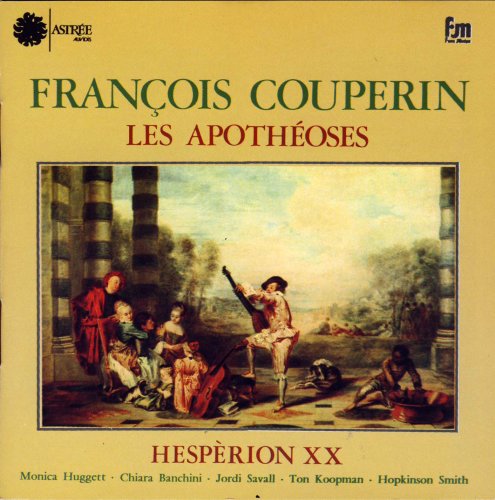
Artist: Jordi Savall, Hespèrion XX
Title: Couperin: Les Apothéoses
Year Of Release: 1986
Label: Astrée Auvidis
Genre: Classical
Quality: FLAC (image + .cue, log, artwork)
Total Time: 46:44 min
Total Size: 257 MB
WebSite: Album Preview
Tracklist:Title: Couperin: Les Apothéoses
Year Of Release: 1986
Label: Astrée Auvidis
Genre: Classical
Quality: FLAC (image + .cue, log, artwork)
Total Time: 46:44 min
Total Size: 257 MB
WebSite: Album Preview
Concert instrumental sous le titre d’apothéose composé à la mémoire immortelle de l’incomparable Monsieur de Lully, 1725
01 Lully Aux Champs Élysées… 2:32
02 Air Pour Les Mêmes 1:34
03 Vol De Mercure… 0:35
04 Descente D'Apollon… 2:51
05 Rumeur Souterraine… 0:47
06 Plainte Des Mêmes… 3:58
07 Enlévement De Lulli… 1:02
08 Accueil Entre Doux Et Agard… 2:18
09 Remerciment De Lulli… 3:05
10 Apollon Persuade Lulli… 3:07
11 Air Léger Pour Deux Violons… 0:57
12 Second Air… 3:29
13 La Paix Du Parnasse… 7:16
Le Parnasse ou L'Apothéose de Corelli, 1724
14 Corelli Au Piéd Du Parnasse… 2:05
15 Corelli, Charmé… 2:10
16 Corelli Buvant À La Source… 2:17
17 Enthouziasme De Corelli… 1:06
18 Corelli… S'Endort… 2:27
19 Les Muses Réveillent Corelli… 0:53
20 Remerciement De Corelli… 2:15
Jordi Savall is among the leading instrumentalists and conductors of the European early music scene, specializing in Renaissance, Baroque, and Medieval music. He took an interest in early music and began learning the viola da gamba. He studied the gamba and early music research and practice with Wieland Kuijken in Brussels and August Wenzinger at the Schola Cantorum Basiliensis in Basel.
In 1968, Savall married the soprano Montserrat Figueras, who shared his interest in early music. With Figueras and other musicians interested in early Spanish music, he founded the ensemble Hespèrion XX in 1974. The ensemble took its name from an ancient name for the Western European region from Italy to Iberia. At the turn of the 21st century, the group changed its name to Hespèrion XXI.
Savall and Hespèrion XX quickly became well known in early music circles. They created a unique sound through the use of viols and other Medieval instruments such as the psaltery, wooden flutes, Moroccan drums, and the Afghan rebec (a double-reed ancestor of the oboe).
Savall became internationally known through his playing on the soundtrack of Alain Corneau's film Tous les Matins du Monde (All the Mornings of the World), concerning the French viol players of the Baroque era. He also founded La Capella Reial de Catalunya in 1987, an ensemble of instrumentalists and vocal soloists.
Savall has recorded well over 150 albums. In 1996, he introduced his own AliaVox label with a disc of Juan Cabanilles that has served as the platform for his recordings ever since. Savall has also taken advantage of his celebrity through traveling as a touring artist throughout the world with all three of his actively performing groups. His honors include an honorary doctorate from the University of Barcelona (2000) and multiple Grammy nominations, and in 2008 UNESCO recognized Savall and Figueras as "Artists for Peace."
Freed from the constraints of external-label finances, Savall's productivity, always high, has increased still further. He was featured on as many as nine albums a year in the early 2000s and has slowed only slightly since he entered his eighth decade of life in 2011. AliaVox, generously funded by Catalonian governmental and private sources, became known for sumptuous releases, with booklets hundreds of pages long in as many as six languages, describing not only the music being performed, but a deep cultural context as well.
Savall has ventured beyond the realm of Western music on such releases as La Sublime Porte: Vox d'Istanbul, 1400-1800. Some of his recordings continue to explore specific Baroque and Renaissance repertories, but just as often, as on 2012's Jeanne d'Arc: Batailles & Prisons, he attempts to construct a musical background for historical personages and events, and to explore the connections among music, wider culture, and history. In 2017 Savall and La Capella Reial de Catalunya issued a recording devoted to the music of Heinrich Isaac in relation to the leading political figures of his time, Lorenzo de' Medici and the Austrian emperor Maximilian I. ~ TiVo Staff
In 1968, Savall married the soprano Montserrat Figueras, who shared his interest in early music. With Figueras and other musicians interested in early Spanish music, he founded the ensemble Hespèrion XX in 1974. The ensemble took its name from an ancient name for the Western European region from Italy to Iberia. At the turn of the 21st century, the group changed its name to Hespèrion XXI.
Savall and Hespèrion XX quickly became well known in early music circles. They created a unique sound through the use of viols and other Medieval instruments such as the psaltery, wooden flutes, Moroccan drums, and the Afghan rebec (a double-reed ancestor of the oboe).
Savall became internationally known through his playing on the soundtrack of Alain Corneau's film Tous les Matins du Monde (All the Mornings of the World), concerning the French viol players of the Baroque era. He also founded La Capella Reial de Catalunya in 1987, an ensemble of instrumentalists and vocal soloists.
Savall has recorded well over 150 albums. In 1996, he introduced his own AliaVox label with a disc of Juan Cabanilles that has served as the platform for his recordings ever since. Savall has also taken advantage of his celebrity through traveling as a touring artist throughout the world with all three of his actively performing groups. His honors include an honorary doctorate from the University of Barcelona (2000) and multiple Grammy nominations, and in 2008 UNESCO recognized Savall and Figueras as "Artists for Peace."
Freed from the constraints of external-label finances, Savall's productivity, always high, has increased still further. He was featured on as many as nine albums a year in the early 2000s and has slowed only slightly since he entered his eighth decade of life in 2011. AliaVox, generously funded by Catalonian governmental and private sources, became known for sumptuous releases, with booklets hundreds of pages long in as many as six languages, describing not only the music being performed, but a deep cultural context as well.
Savall has ventured beyond the realm of Western music on such releases as La Sublime Porte: Vox d'Istanbul, 1400-1800. Some of his recordings continue to explore specific Baroque and Renaissance repertories, but just as often, as on 2012's Jeanne d'Arc: Batailles & Prisons, he attempts to construct a musical background for historical personages and events, and to explore the connections among music, wider culture, and history. In 2017 Savall and La Capella Reial de Catalunya issued a recording devoted to the music of Heinrich Isaac in relation to the leading political figures of his time, Lorenzo de' Medici and the Austrian emperor Maximilian I. ~ TiVo Staff
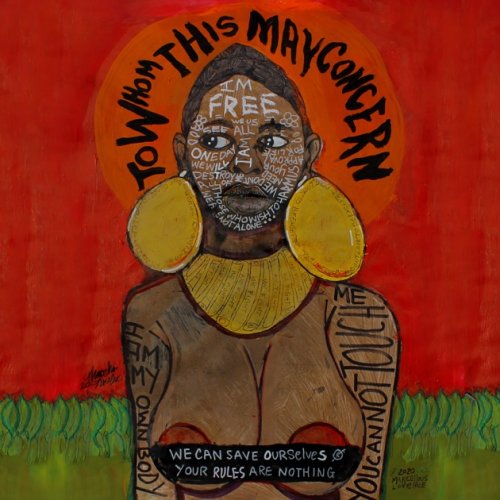
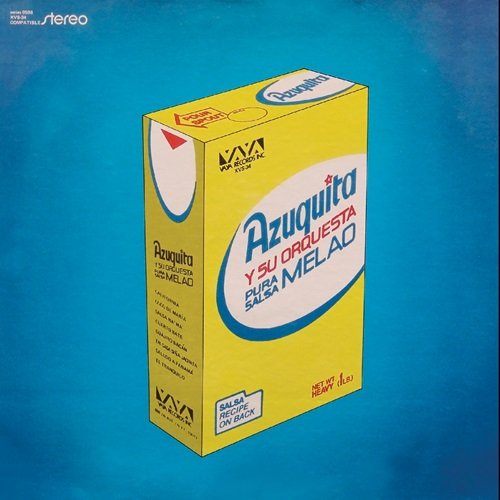
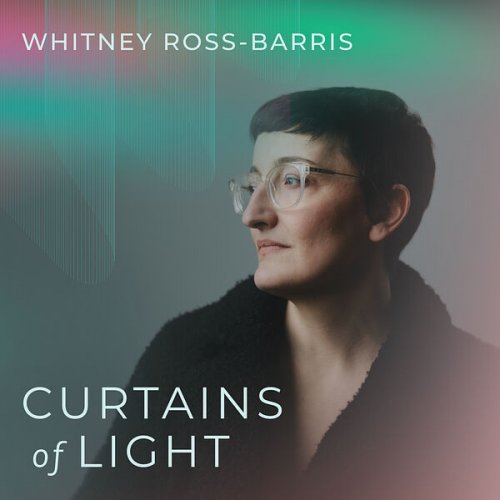
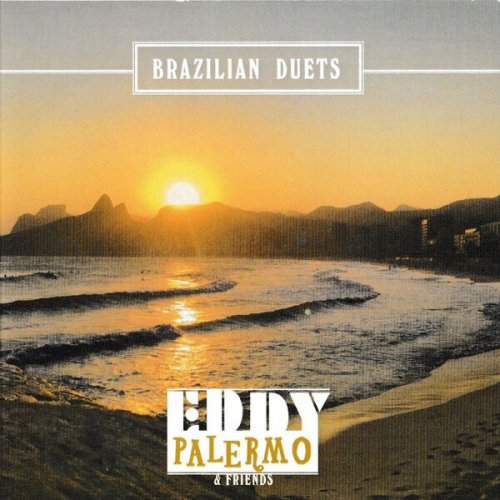
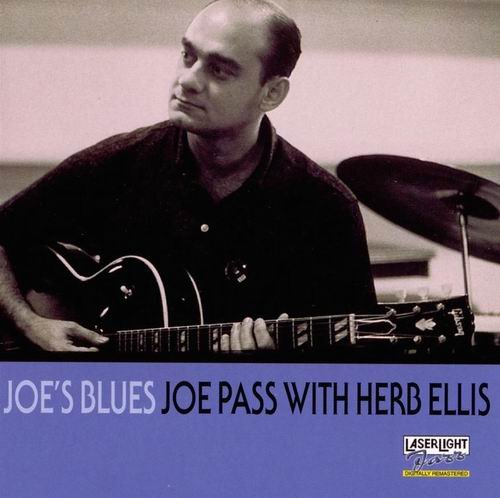
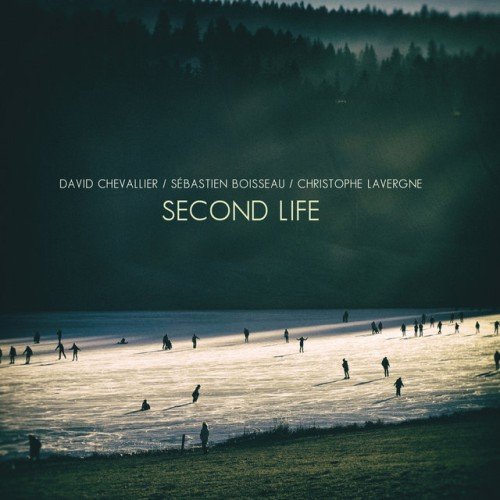
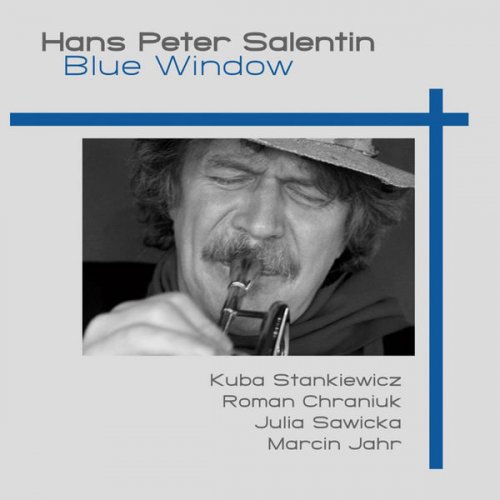
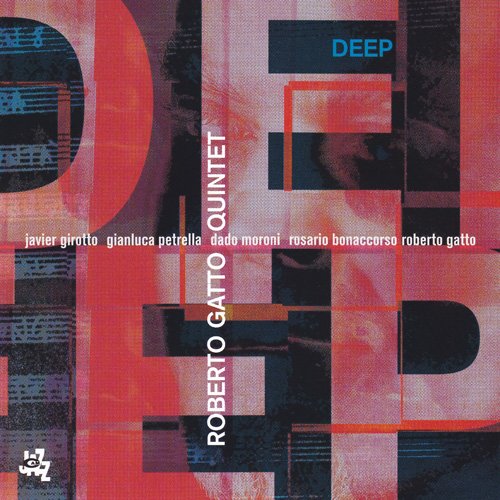
![Claude Williamson - Round Midnight (Remastered 2014) (2026) [Hi-Res] Claude Williamson - Round Midnight (Remastered 2014) (2026) [Hi-Res]](https://www.dibpic.com/uploads/posts/2026-02/1770854964_cover.jpg)